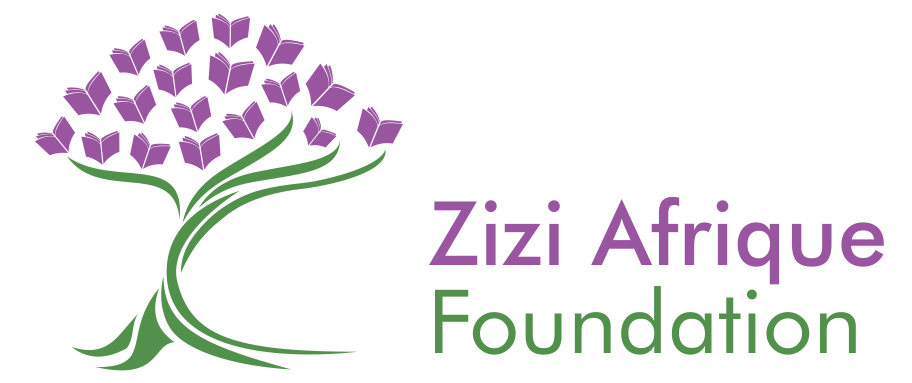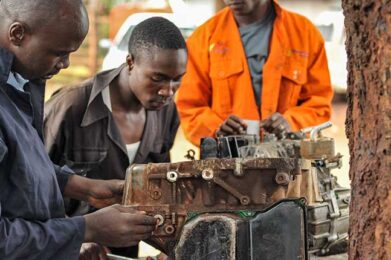
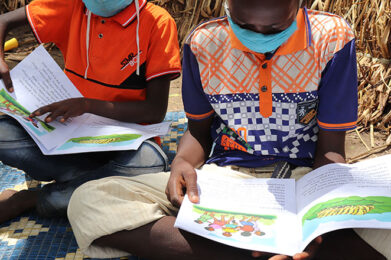
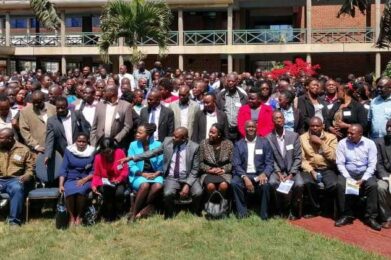
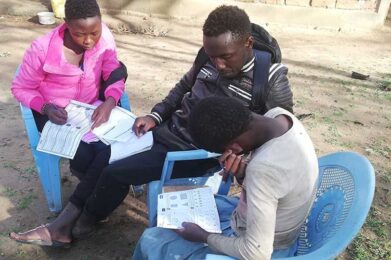
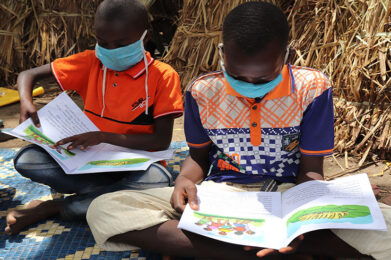
Curriculum Equity Project
Curriculum Equity Project
The Problem
Equity is the most pressing problem in Kenya’s education. The outcomes of education are determined by the part of the country where the child is born, the family to which they come, their gender, disability, the school they attend, the teacher they are sent to – endless list. Since 2016, the country is undergoing massive reforms at all levels. One of this is the move to competence-based curriculum. Is the new curriculum likely to bridge, or aggravate inequity? There are many reasons to vote for the latter.
The Competency Based Curriculum depends heavily on home-support, on school-based teacher support, and on teacher attitude to innovate. Parental participation has now been brought to the core. Yet, in counties like Turkana, Garissa, Wajir and Mandera, eight of ten mothers never attended school. The Curriculum Equity Project is building an evidence base on issues in implementation of the new curriculum, and experimenting with approaches that work in securing meaningful parental participation to bridge equity for the learners furthest behind.
About CEP
The Curriculum Equity Project has two objectives;
- To strengthen the role of parents to participate in and track curriculum reforms in Kenya
- To facilitate Regional Educational Learning Initiative (RELI) members to meaningfully plug into the curriculum reform process.
To ensure program success the following approaches are used; Partnering with the Ministry of Education, working through the communities, ensuring the project meets the needs and aspirations of the people of the identified community, sustaining dialogues to address the most serious barriers to equity in learning.
Scope of the program
Deepening insight
CEP is strengthening research capacities among civil society actors to monitor and document implementation of the new curriculum. Participatory methods, simple assessments of learning outcomes, analysis and sharing of evidence are key markers of this initiative.
Brokering relationships
Nudging government to open up space for public participation in implementation of the new curriculum. CEP aims to create a functional relationship between the Ministry of Education and Civil Society Actors in Education to improve learning outcomes through meaningful collaboration and research.
Convening passions
CEP is working with members of the Regional Education Learning Initiative (RELI) and other Civil Society Organizations (CSOs) to pursue collective impact. This convening role is critical to accelerating impact.
Zizi Afrique envisions a world where all children and youth learn and thrive
JOIN OUR MAILING LIST
Get updates and learnings delivered to your inbox
